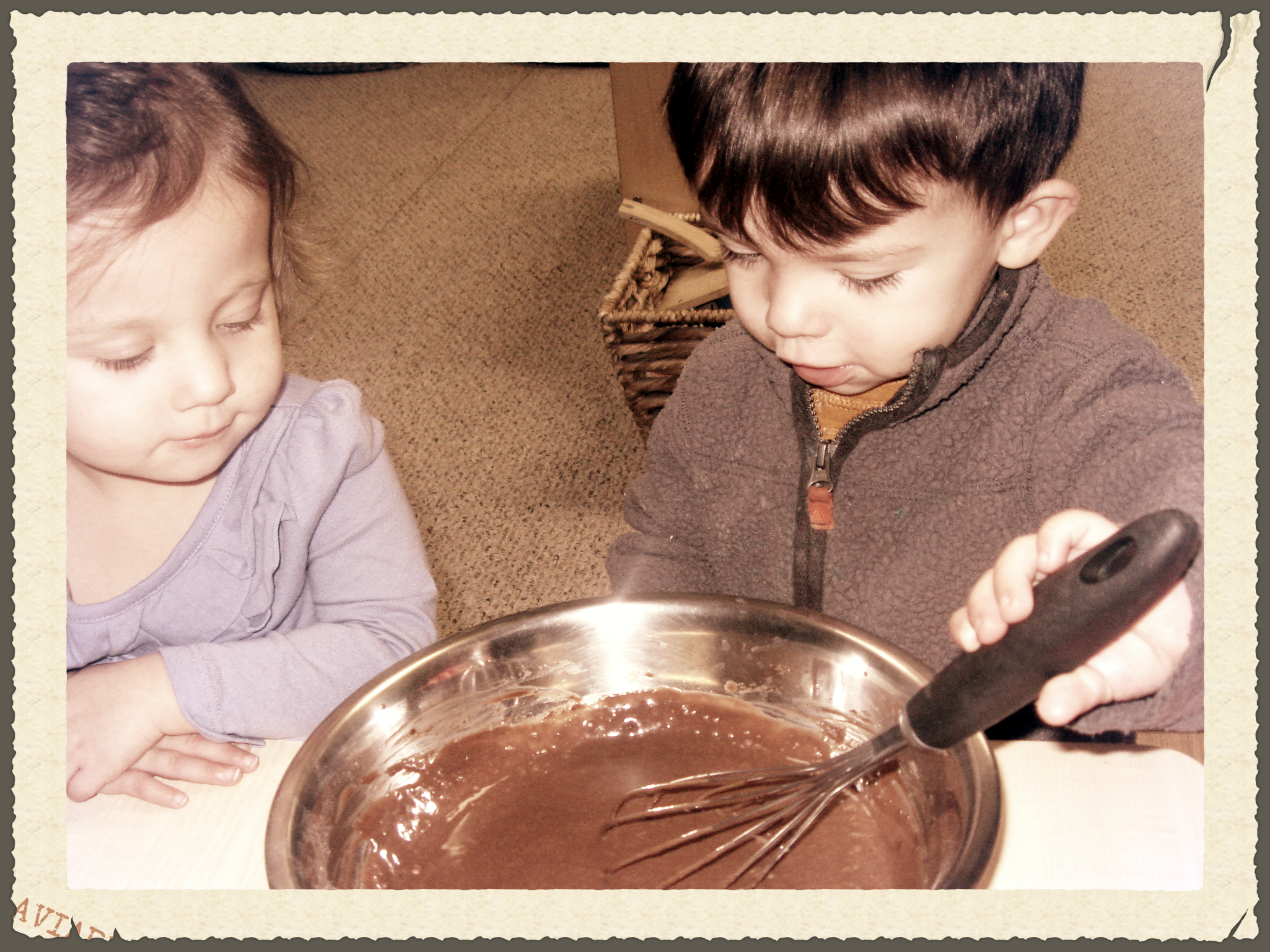Early Preschool
The Early Preschool Classroom
“I am so grateful to everyone at Monarch for being so generous and welcoming.”
“I have had my son attend since he was two years old, he is now in Kindergarten and will never forget the beautiful experience at Monarch. My daughter is now a student here and she couldn’t be happier! She even wishes school was open on the weekends!”
Socialization
The Early Preschool classroom is structured specifically for our youngest learners. We will gently introduce your child to the routines and expectations of a working classroom environment. The process of socialization and the acquistion of self-help skills is the focus with this age group. The structure of the Early Preschool classroom will transform over the course of the school year. Initially, the class will be split into two groups--each group facilitated by a teacher. As the year progresses and attention span has increased, the learners will begin to follow a child-directed format that allows a choice of activities during center time. In Early Preschool, your child will:
Learn to follow directions and classroom routines
Develop language and listening skills and participate in group activities and discussions
Learn to make choices
Learn to play successfully near/with other children
Develop self-help skills including bathroom independence
Social & Natural Sciences Curriculum
The monthly thematic structure provides students with the opportunity to explore the world they live in from a "child-centered" perspective. Monarch's thematic structure incorporates science and social studies into the curriculum. The thematic units for the preschool program:
All About Me: Developing a sense of self-awareness through the exploration of physical and emotional characteristics, preferences, similarities and differences among peers.
Feelings: An exploration of the social-emotional aspects of each child including discussions and activities that build awareness.
Parts of the Body: An introduction to the human body and its characteristics including similarities and differences, identification and function, growth and safety.
The 5 Senses: An exploration of the five senses: see, touch, hear, smell and taste. Students participate in discussions and activities that support their knowledge of the human body and the ways in which our bodies interact with the physical world.
Nutrition: An introduction to the food groups, how and why our bodies need certain foods, and what it means to be healthy.
My Family: An introduction to the concept of family, roles in the family, and similarities and dfferences among families from a cultural perspective.
Pets & Farm Animals: An introduction to the characteristics of domestic animals, their needs and their habitats.
Transportation: Understanding the characteristics and differences between modes of transportation. Students will explore land, air and water vehicles and their purposes.
Community Helpers: An exploration of the characteristics of a community and the people that work to help others. Students explore many common helpers and their roles including: police and firefighters, doctors and nurses, teacher, librarians and postal workers.
All About Me: A comparative look at the ways each child has grown and changed over the course of the school year.
Language Arts & Math Curriculum
The language arts curriculum incorporates lessons and practice activities that build specific pre-reading and writing skills including:
following directions
vocabulary
sentence building skills
expressive & receptive language skills
name recognition
letter recognition
beginning phonics
attention span
answering questions
beginning comprehension (answering questions)
Picture reading skills
Hands-on math activities are used to explore early math skills and to build a well-rounded concept of numbers and early number sense. Skills include:
shape & color recognition
matching
sorting
pre-writing skills (fine motor)
simple problem solving (puzzles/games)
number recognition
beginning counting
calendar concepts (time references)
Academic & Enrichment Schedule
Weekly Academics:
alphabet recognition & phonemic awarenesss activities
phonics practice
thematic unit introduction
math concept practicefine motor practice (tracing/coloring)
calendar & counting
listening comprehension
extension activities (center concept practice)
social skills
Monthly Academics:
Share Day
Enrichment Activities
Enrichment Schedule: Enrichment activities provide students with the opportunity to practice academic concepts and expand thematic awareness in multiple formats throughout the month. The enrichment curriculum, like the academic curriculum, is structured to incorporate planned activities within learning centers.
Story Theater/Improv
Music & Movement
Super Sensory
Monarch Kid’s Museum NEW!
Art Smart
Let’s Pretend
Construction Zone
Food & Fitness
Schedule your tour today!
Talk to Us
661.294.1045
Find Us
27927 Smyth Drive, Valencia CA 91355
Write to Us
info@monarch-academy.com


